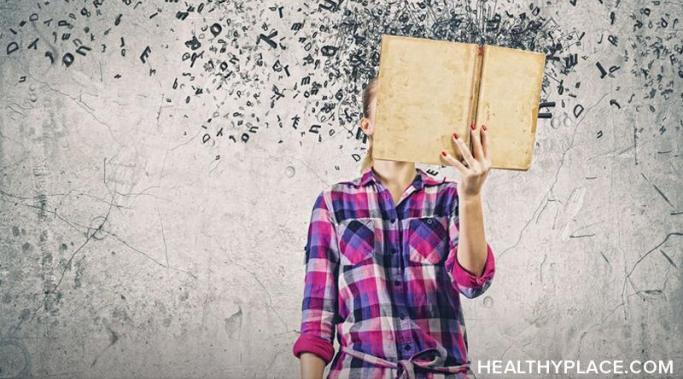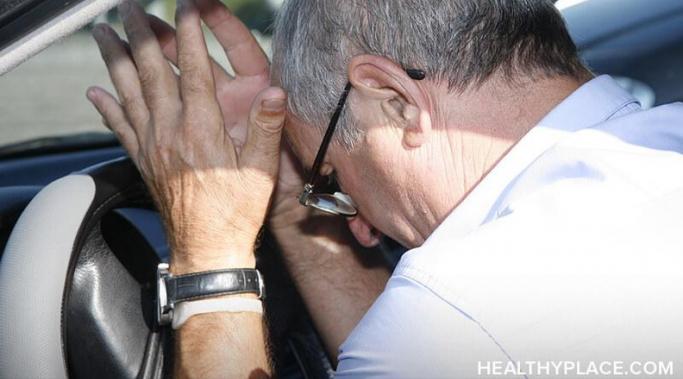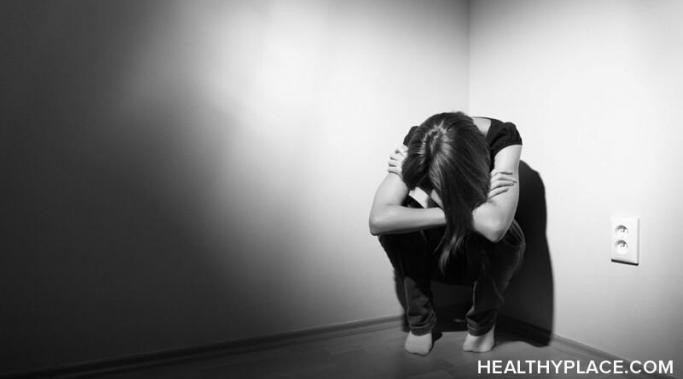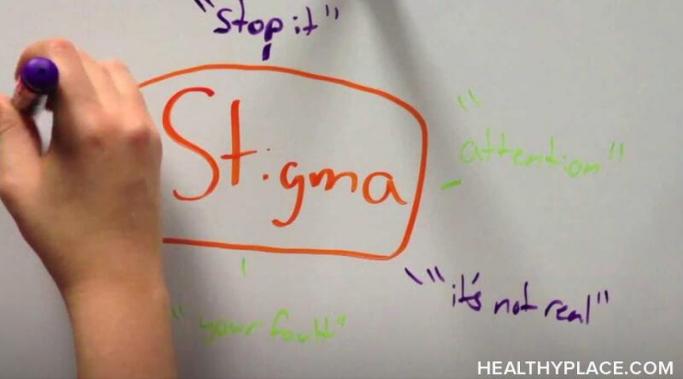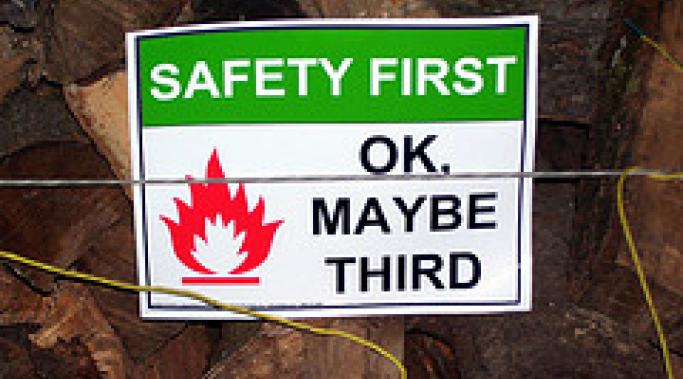When you experience social anxiety, it can be challenging to make friends. This can also lead to difficulty in life because, as indicated by research, social connections are important for one's overall wellbeing. However, you can make friends even with social anxiety.
Healing Social Anxiety
It's difficult to know the difference between introversion and social anxiety. When I was younger, I considered myself to be a shy person. However, I also knew I was an introvert and that I struggled with anxiety. Unfortunately, this also contributed to difficulties that I experienced in social situations and missing out on opportunities.
When dealing with social anxiety, I have often seen it associated with shyness or introversion. However, I do think there is a fundamental difference, primarily at the root of the anxiety.
Limiting beliefs and thoughts are often at the root of social anxiety. If we trust these limiting beliefs, we give our thoughts undue power. Cognitive restructuring is one technique used in cognitive behavioral therapy (CBT) to treat social anxiety.
It's not exactly news that living with anxiety can warp our perceptions of other people, especially their intentions toward us. Social anxiety can make the world, and the people in it, seem mean-spirited, harsh, or even cruel. For me, I judge others in a very negative light when I'm in the grip of a particularly severe episode of anxiety. I expect the worst from people, and am still often surprised when I don't actually get it. That's because most people are significantly nicer than my anxious brain's perception would have me believe. The good news is, I'm getting better at remembering this while it's happening and social anxiety doesn't warp my perceptions as often or as severely as it once did.
Anxiety likes to keep us in boxes. Little boxes, with four walls and a steady stream of same, same, similar, same. Don't stray too far now. Don't, should, must,... and after a while your mind stops using the windows, let alone the door.
Feel free to question my emotional competence but I'm not insane. For that matter, most people with mental illness are not insane.
This may be obvious but for many it's not. Anyway, how many times have you thought, 'oh goodness, I must be really losing it this time' during the course of mental health difficulties?
It's a common concern that can dramatically increase the amount of anxiety a person experiences. It may also inhibit their ability to trust, and to ask for help.
Happy is what brings healthy, and viceversa, so it can't be that much of a surprise anxiety and depression have had some pretty rough consequences on my health; High blood pressure at 25, on-and-off flings with anemia, near-constant sleep deprivation.
I may as well have an imp bouncing up and down on my kidneys whilst someone tells my nervous system to pump out all the stress hormones its got, so I can feel normal, or at least prepared. Like a Girl Scout on crack. That's PTSD hypervigilance for you.
It's also that sometimes our bodies express what we are otherwise unwilling, or unable to say.
Life with mental illness isn't always fun. Not just because I have a real illness, and that real illness really does affect my life but because some folks have trouble accepting this. I'm not entirely sure why except they don't like the thought that someone with mental illness can "omg, look just like them," and still be quite unwell.
Have you ever felt safe?
Maybe that seems like a stupid question, and if it does, consider yourself lucky is about all I can say. My therapist asked me something like it once, and I ended up triggered, taking a 20 minute tangent via Intellectuals 'R Us to pick up a freakin' clue.
Look hard enough at most things in modern life and they are pretty scary.
Panic: Life = risk?
Life = risk? Is that as good as things get?? Well, catastrophizing ever so slightly less, life = many things but in amongst them, inevitably, is an element of risk.


